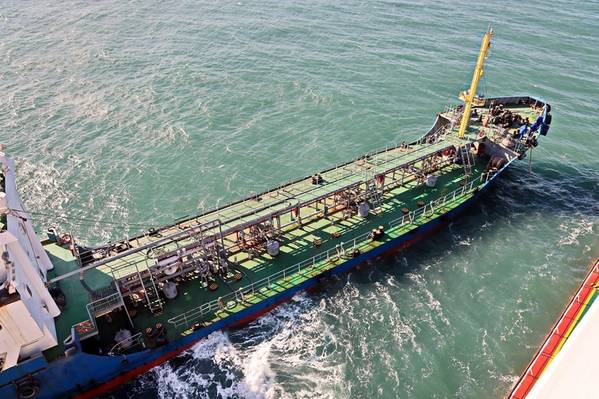
Chinese refiners have the capacity to produce 18.1 million tonnes of low-sulphur fuel oil (LSFO) this year, which would make the country self-sufficient in the new shipping fuel, an official with state major PetroChina said on Monday.
China has been striving to reduce its reliance on bunker fuel imports and is aiming to create its own marine fuel hub to supply northern Asia.
About 20 refineries, mostly under state-run Sinopec Corp, PetroChina, CNOOC and Sinochem, installed equipment to produce 0.5% sulfur fuel that meets International Maritime Organization (IMO) rules that came into force at the start of this year.
China will be able to produce 22.6 million tonnes of the IMO-compliant fuel in 2021, rising to 29.6 million tonnes in 2022, Zhang Tong, a vice president of PetroChina International said at the debut of an LSFO futures contract on the Shanghai International Energy Exchange.
Zhang said if China fully releases the production capacity, the country would well be self-sufficient in supplying its bonded marine fuel market, which serves international shipping, estimated at about 12 million tonnes a year.
Before 2020, China imported almost all its bonded bunker supplies of high sulfur fuel oil from regional exporters such as Singapore and South Korea.
By close of morning trade,the front-month INE LSFO contract ended the session 10.5% higher at 2,617 yuan ($369.83) per tonne, with open interest of 19,842 lots, each of 10 tonnes.
China’s second oil product open to foreign investment after Shanghai crude oil, the new marine fuel futures is expected to attract strong investor interest from the oil industry, financial institutions and retail investors.
($1 = 7.0762 Chinese yuan renminbi)
(Reporting by Chen Aizhu and Muyu Xu; Editing by Richard Pullin)



